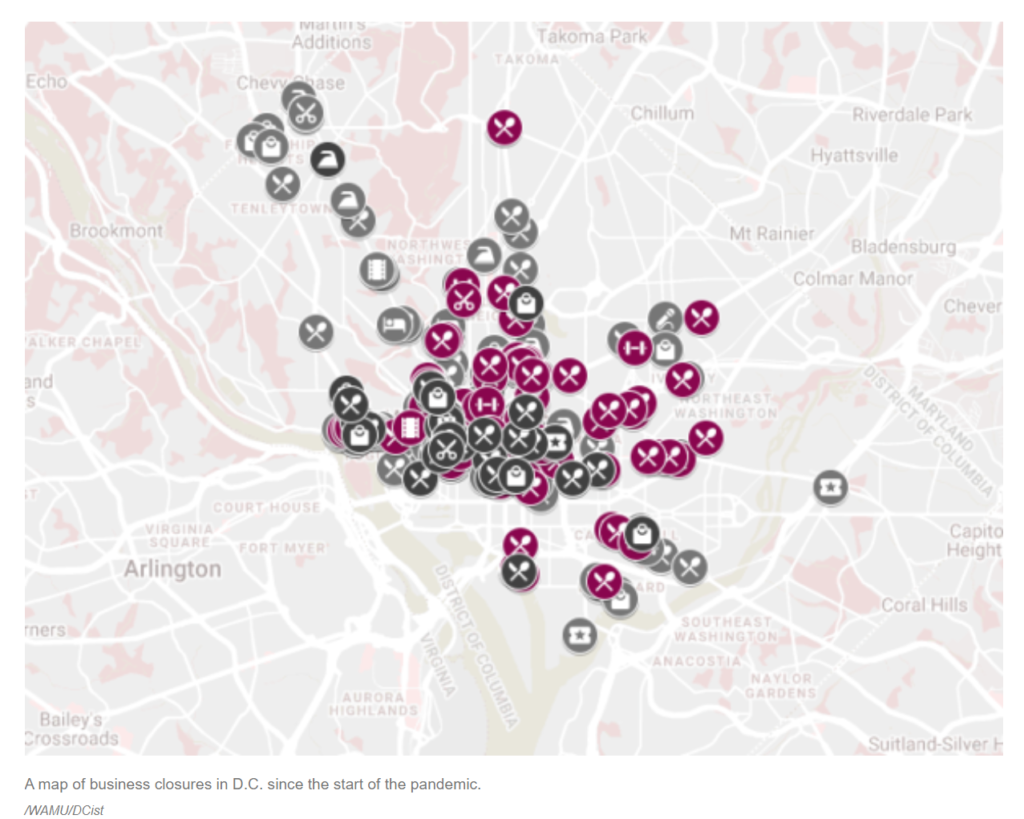Link: https://reason.com/2022/02/12/study-seattles-soda-tax-has-been-great-forbeer-sales/
Excerpt:
A new study is pouring cold beer on Seattle’s soda tax. The study, published in the peer-reviewed journal PLoS ONE, reveals that since the city I call home adopted a soda tax in 2018, residents have swapped out soda and replaced that soda with beer. Pointedly, the study says Seattle’s soda tax “induced” consumers to buy more beer.
“The good people of Seattle responded to a tax on sugary drinks by buying more beer,” Christopher Snowdon, director of Lifestyle Economics at the Institute of Economic Affairs and a leading critic of the nanny state, tweeted after the study’s release.
The PLoS study, by University of Illinois-Chicago researchers Lisa M. Powell and Julien Lader, compared sales of beer in Seattle both before and since adoption of the soda tax with comparable sales in nearby Portland, Oregon, which has no soda tax.
Author(s): Baylen Linnekin
Publication Date: 12 Feb 2022
Publication Site: Reason
